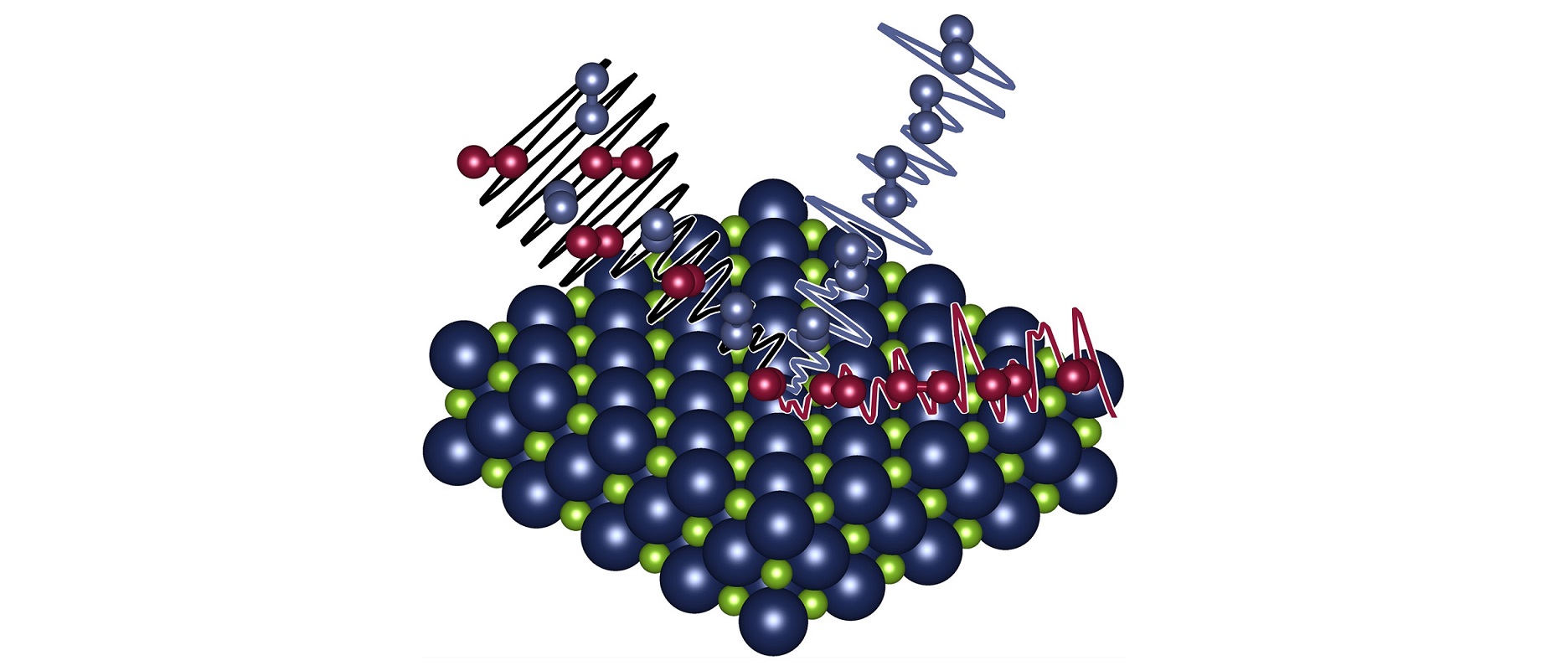About
Dr Helen Chadwick completed her MChem at the University of Oxford in 2008, and her DPhil in Physical Chemistry in 2012. She received an EPSRC doctoral prize to continue her research as a post-doc in Oxford, before moving to the EPFL in Switzerland in 2013 to perform gas-surface dynamics experiments. At the end of 2016, Dr Chadwick obtained an Advanced Postdoc Mobility Fellowship from the Swiss National Science Foundation to spend two years in the Theoretical Chemistry group at Leiden University in the Netherlands, performing calculations to gain further insight into the experiments she did at the EPFL. Dr Chadwick joined the Surface Dynamics group at Swansea University as a Research Officer (senior post-doc) in February 2019, where her main focus has been developing the analysis methods that are used to interpret data measured using the unique molecular beam interferometer housed in the Chemistry Department. She was awarded a Round 7 Future Leaders Fellowship at the beginning of 2024, which aims to develop both the experimental and analysis methods to be able to study gas-surface reactions with the molecular beam interferometer for the first time.


